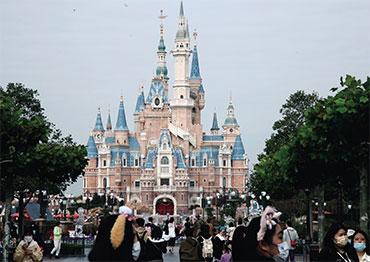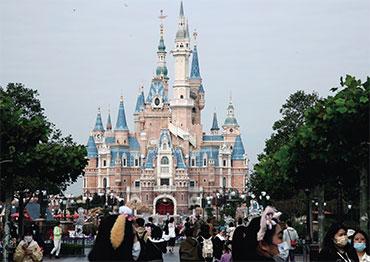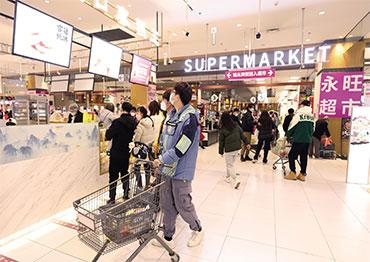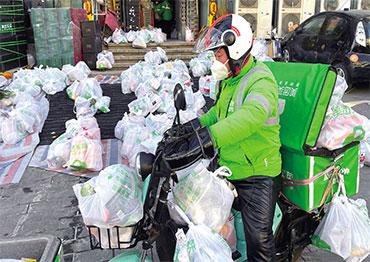As pointed out in the central economic meeting, China faces huge pressure from shrinking demand, supply shocks and weakened expectations. Expansion of consumption, particularly housing, newenergy vehicles and elder care, will be supported.
On December 14, 2022, China released a sweeping guideline through 2035 to expand domestic consumption. The meeting of the Political Bureau of the CPC Central Committee held in early December 2022 also stressed the need to boost domestic demand. Economists interpreted these as signs that consumption will take precedence over investment in the 2023 policies.
Zhang Jun of Fudan University told NewsChina that policymakers have realized restoring consumption is more urgent than investment, as postponing some investment projects will not cause major problems.
In response to media concerns, Fu Linhui, spokesperson for the National Bureau of Statistics (NBS), said in an article published on the NBS website in December 2022 that the international situation became more complicated in November and external demand shrank further. As real estate and foreign trade, two driving forces that were expected to restore the Chinese economy from the pandemic outbreak in early 2020, were largely weakened in 2022, more hope is placed on consumption. Shan Hui, a chief economist at Goldman Sachs, predicted in November 2022 that China’s economic growth in 2023 will mainly rely on increased consumption.
In 2021, total retail sales of consumer goods reached 44.1 trillion yuan (US$6.5t), a year-on-year rise of 12.5 percent. Consumption expenditure contributed to 65.4 percent of China’s economic growth in 2021, driving GDP growth by 5.3 percentage points. But it failed to keep a similar momentum in 2022.
In November 2022, total retail sales of consumer goods fell by 5.9 percent yearon-year, the lowest other than in April and May during the spring outbreaks in Shanghai and Jilin Province. Between January and November 2022, total retail sales of consumer goods dropped by 0.1 percent year-on-year.
Market players are feeling the chill of shrinking consumption. Jiang Yi, founder of crayfish brand Haoxiazhuan in Sichuan Province, told NewsChina that Chengdu, the capital of Sichuan, saw five waves of Covid-19 in 2022, when restaurants would open for one or two months before being forced to close again. “Restaurateurs are under huge stress to survive,” said Jiang, adding that Chengdu consumers are spending less amid dwindling incomes and the bearish macroeconomic situation.
He revealed that the industry had experienced its darkest moment after the easing of Covid-related restrictions in December, as people went out even less due to fear of infection. “Catering consumption may take three months to half a year to recover,” Jiang said.
Xia Dong, a co-founder of Lefit, a nationwide gym and fitness chain, told NewsChina that while the pandemic resurgences affected the company’s expansion in 2022, “we are optimistic about the future after Covid-related curbs were removed. The current difficulties will pass sooner or later.”
“If more specific policies come out during the two sessions of 2023, the economic recovery may start with the restoration of consumption,” Zhang Jun said.

 Old Version
Old Version


